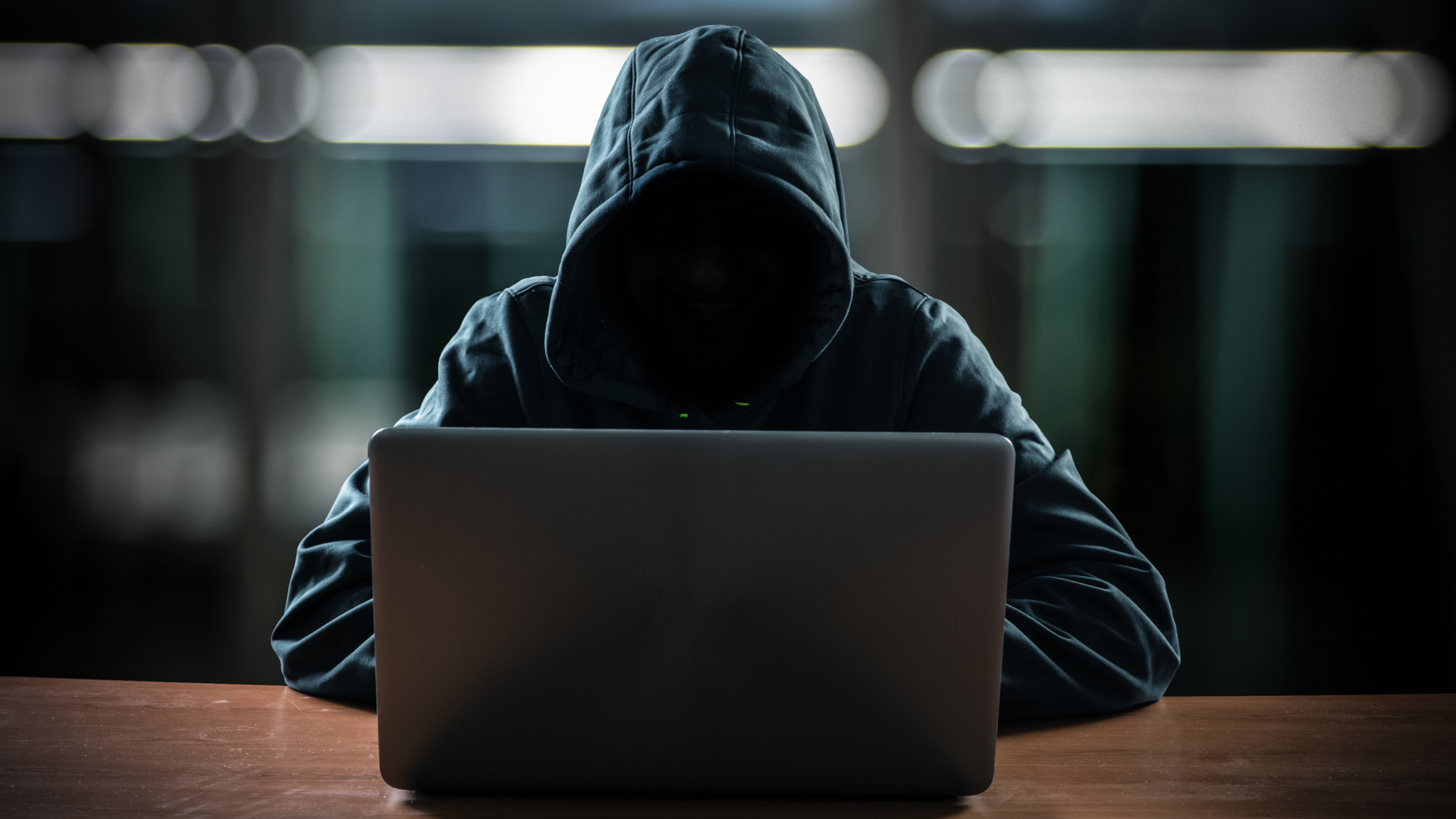Tech News
Should You Encrypt Your System Drive?
Key Takeaways
If you’re a Windows user, you may have been surprised to learn that from an update in May 2024 onward your system drive will be encrypted by default. Linux users have been presented with the choice to encrypt their system for years now. Is full-disk encryption a good thing, though?
What Does Encryption Do?
Before we can talk about pros and cons, let’s first take a quick look at what encryption does. The short version is that it takes readable data, called "plaintext" (even when it’s not text), runs this data through a whole bunch of math, and returns unreadable nonsense, called "ciphertext." You can store the ciphertext until you need it again, where you reverse the process to get your original plaintext back.
The encrypted data is usually protected by a password, meaning only people who have it can access the data. In a way, encryption does for data what your locked door does for your home: keeps anybody out that you didn’t invite.
Why Encrypt Your Hard Drive?
You encrypt your hard drive to make it more secure. The same as you use a firewall to protect yourself from network attacks, encrypting your hard drive keeps it safe from physical ones. For example, if somebody steals your laptop, they won’t be able to access the data unless they also stole your password.
Another case is when you get rid of an old computer. While you should wipe your drives, there is always a chance data can be retrieved from them. If the drive was encrypted, whatever is scraped off the drive would be useless ciphertext.
Computers are becoming more and more depositories of our entire lives. Just think of everything you are likely to have stored on your hard drive right now, from medical files to tax records to scans of your passport to work files, the list goes on. Encrypting your hard drive secures all this data with one single action.
Why Would You Not Encrypt Your Hard Drive?
For all its advantages, there are some drawbacks to encrypting your hard drive. The biggest is also the most obvious, namely what happens to all that data if you lose your password? The good news in this very unpleasant eventuality is that at least your data is secure, so it won’t fall into the wrong hands. It’s not like a data breach that exposes you.
The bad news is that you are quite simply out of luck. There is no way to retrieve the data without the password. This works for your benefit as any loophole to encryption is just a weakness cyber criminals can exploit, though that’s cold comfort if your files are lost.
The best way to prevent this scenario is to use a password manager, a program that stores passwords for you, or find another, secure way to save your password. I’m a big fan of keeping information like this as a secure, encrypted note in your password manager so you can access it from any device. Though that’s not bulletproof, either, it adds to my peace of mind.
A second drawback to encryption is that it slows down your system, especially Windows’ built-in BitLocker tool, which in testing by Tom’s Hardware significantly slowed down systems. Using other, better software, though, this slowdown is usually measured in milliseconds, but if you’re running processes where these count encryption is probably not a good idea.
How to Encrypt Your Hard Drive
If you’re interested in encrypting your system drive, the news is good as it’s easier than ever thanks to open-source software. For reasons of efficiency, we recommend disabling BitLocker on Windows 10 and 11 and turning to other programs; we have a guide on how to encrypt your Windows drive with VeraCrypt, to name just one example.
For Apple fans, we also have a guide on how to encrypt your Mac’s system drive. Linux users get the option to encrypt their system drive on install, an option I recommend you take. System-disk encryption is a very simple way to increase your security significantly, and there’s little reason not to take it, the software is free!
When you subscribe to the blog, we will send you an e-mail when there are new updates on the site so you wouldn't miss them.


 Minerva
Studio/Shutterstock
Minerva
Studio/Shutterstock
Comments